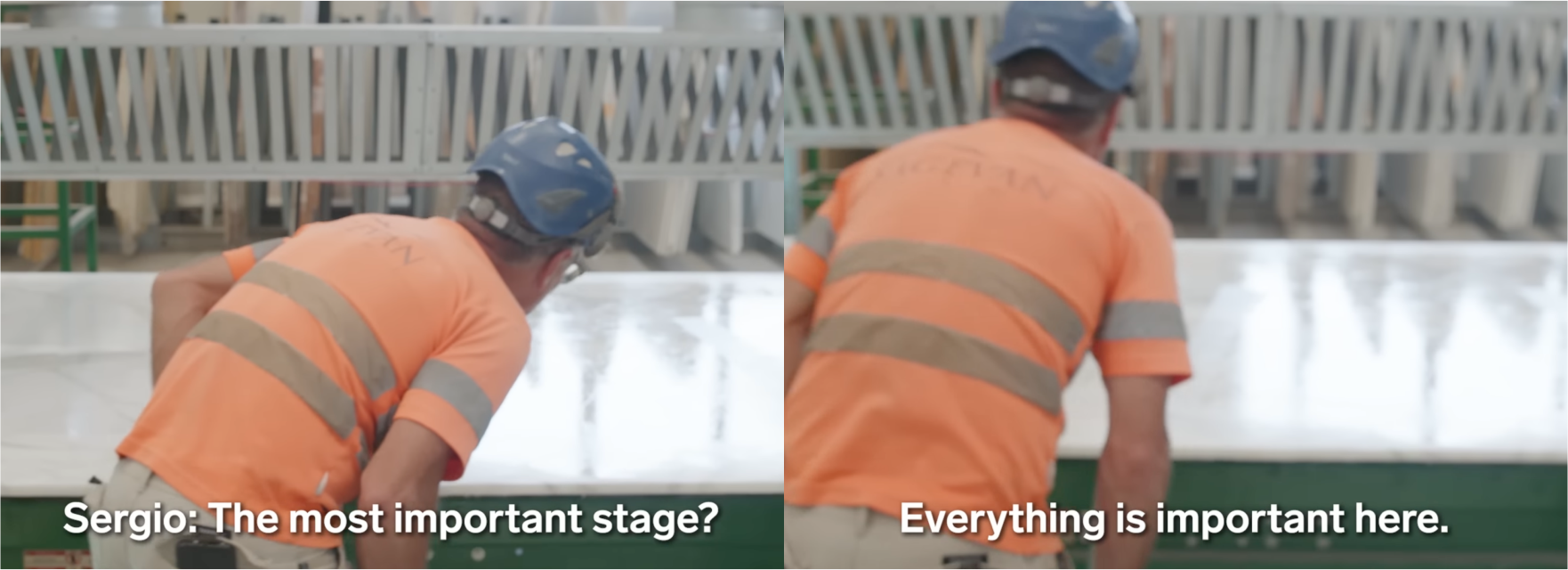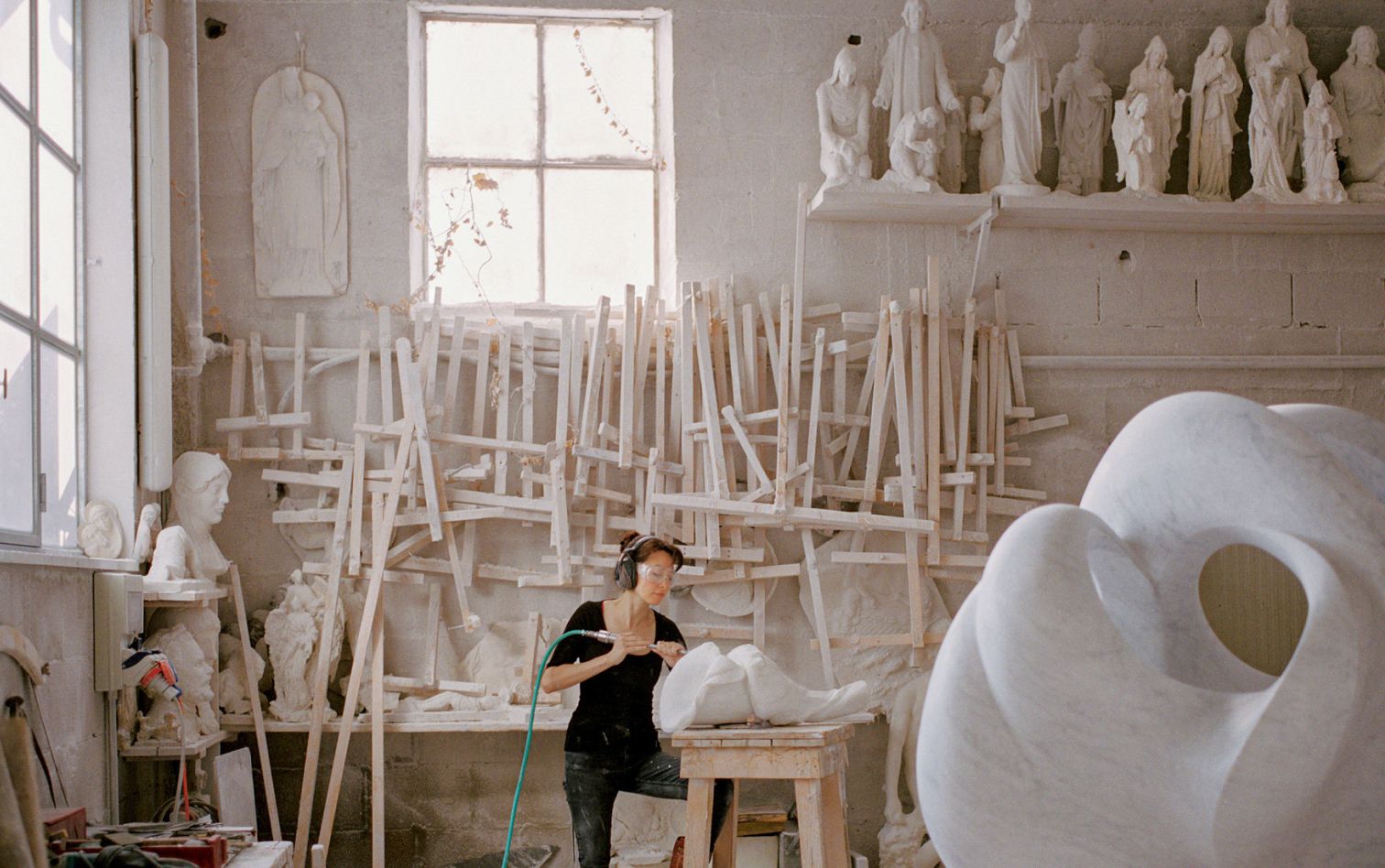Focus on the Work
We built organizations as sophisticated systems for talent management – each tool and framework born from genuine insight about human behavior and expectation. The intention was just: create environments where talent can thrive.
The standard organizational model is that we assemble for a reason, figure out what tools we need, and figure out how to use them to deliver. Over time, as we add more people and more tools, we get confused about our reason. This repeats, until a new reason emerges and we assemble people and tools around that.
Somewhere along the way, we confused implementing best practices with achieving the best outcomes. What began as targeted solutions became universal prescriptions. Every company, regardless of context or need, adopted the full suite of ideas on how to best manage talent – not because they served the work, but because they were expected. The means became the end.
The consequences have been subtle but corrosive. The best talent now navigates a landscape where process adherence often takes precedence over impact. They find themselves spending precious time on ceremonies that, while valuable in the right context, feel divorced from their core work. They want their energy invested in meaningful challenges, not in documenting their journey through them.
The best talent gravitates toward organizations that deploy these tools surgically rather than systematically – companies that would self-describe not by their processes, but simply as "a group of exceptional people focused on doing meaningful work." Believing in evidence of exception is a precursor to achieving it, and realizing potential comes from a dissatisfaction with what exists.
Until now, companies could afford this inefficiency. Growth masked waste. We believe water finds its level, and that ultimately if you focus on anything other than exceptional work you wind up empty. Durable achievement comes from solving the unsolved, and while it's hard to get the timing right, over the long arc reward comes to the consistent application of effort and compounded understanding. Squander comes from excess, not scarcity, and virtue evolves from channeling productivity where it can build its own momentum.

Focusing on people is well and good, but there’s more to orchestrating good judgment than capturing talent.
Work tools have evolved from merely digital to genuinely intelligent, and the relationship between organizations and their individuals has fragmented. We saw early tremors of this evolution – hypercompetition for truly singular talent, quiet quitting and multiemployment, and the rise of fractional talent. A new systemic shock - one that may fundamentally reconfigure how we think about human potential – is the augmentation of human judgment with AI.
Organizations adapting to technological change is a cyclical phenomenon. Historical advances – from steam power to combustion engines – provided linear productivity gains. Future technology offers non-linear leverage. For organizations, the promise of AI is that it divorces headcount from productivity—automating complex cognition, generating creative work at scale, compressing years of skill development into days. We ultimately don't know if this represents another step-change in productivity or an entirely new curve that redefines the relationship between human input and organizational output.
But we do know this: ultimately, human progress creates confusion, and organizations require principled orchestration to succeed. Orchestration comes from clarity on which direction to head, whom to assemble, and how to balance the tempo of multiple priorities.

For the past fifteen years, everyone lived under a comfortable illusion: focus on people, and the work will take care of itself. This was by and large true in an age where the excess returns on technological creation outweighed the carrying cost of bullshit jobs.
A select group of exceptional companies and individuals have always operated differently – unconstrained by traditional structures, optimizing ruthlessly for impact, understanding that exceptional talent craves exceptional challenges, not exceptional benefits.
History offers us a clear blueprint: breakthrough innovation emerges not from process-heavy organizations, but from small, autonomous teams obsessed with the work itself. From Lockheed's Skunk Works delivering the SR-71 Blackbird in record time, to the original Mac team operating under their pirate flag, to SpaceX's Omelek Island team achieving private spaceflight a decade ahead of schedule – the pattern is consistent. These teams succeeded not through elaborate people processes, but through a potent combination of clear mission, radical autonomy, and an unwavering focus on output. They operated as bastions of excellence within larger organizations, protected from bureaucracy but armed with resources. Whether it was Xerox PARC inventing the future of computing, DARPA's small team laying the foundation for the internet, or Kawakubo's Comme des Garçons revolutionizing fashion – the formula remains the same: give exceptional talent extraordinary challenges, shield them from organizational friction, and let them focus on the work.
What makes sense now – and has always made sense – is to focus on the work.
But first, we need to dispel the myth that work ever goes away or that leadership means getting out of the way. Founders hire executives and step aside. Executives hire directors and retreat. Directors hire Individual Contributors and withdraw. Everyone's sidestepping while the work teeters on the lowest rung of the ladder, flailing under the weight of judgment devoid from principal agency.
This cascade of absence isn't leadership – it's abdication.
True leadership is presence. It's being close enough to the work to know what excellence looks like. In practice, this means three things:
First and foremost, be clear in direction and unapologetically ambitious. Capitalism rewards exception and penalizes regression to the mean. The only way to do anything remarkable is to be exceptionally ambitious.
Second, operate rapidly by orchestrating intelligence and ruthlessly eliminating yield loss. Movement produces information, and actions compound over decade-plus horizons. Focus relentlessly on progress, not process. Orchestrate resources (humans, AI, capital) intelligently and maintain zero tolerance for bottlenecks. In a world of unprecedented leverage, yield loss isn't just inefficient – it's existential.
Third, build an organization that amplifies momentum rather than administrates it. Reward outcomes appropriately through cash, equity, status, or the currency that high performers value most: opportunity. Great work gives you the right to do more work. The best talent isn't seeking comfort – they're seeking environments that demand their best work, where excess value production earns disproportionate rewards, and where individual identity is forged in the crucible of organizational expectation.

Our response is Carrara.
We were inspired by Michelangelo's quote: "The sculpture is already complete within the marble block, before I start my work. It is already there, I just have to chisel away the superfluous material."
Potential and excellence exists and need to be revealed.
Carrara is the quarry where Michalengelo found stone par excellence to form his world. In his world, the angels were trapped within the marble and his work was to set them free. The marble came from unique circumstances, fused through pressure, heat, and the remains of what existed before.
Carrara is an operating firm that helps founders and leaders build exceptional companies through an unrelenting focus on the work.
We seek to understand your vision and model of the world, then run or assemble teams to deliver on that ambition.